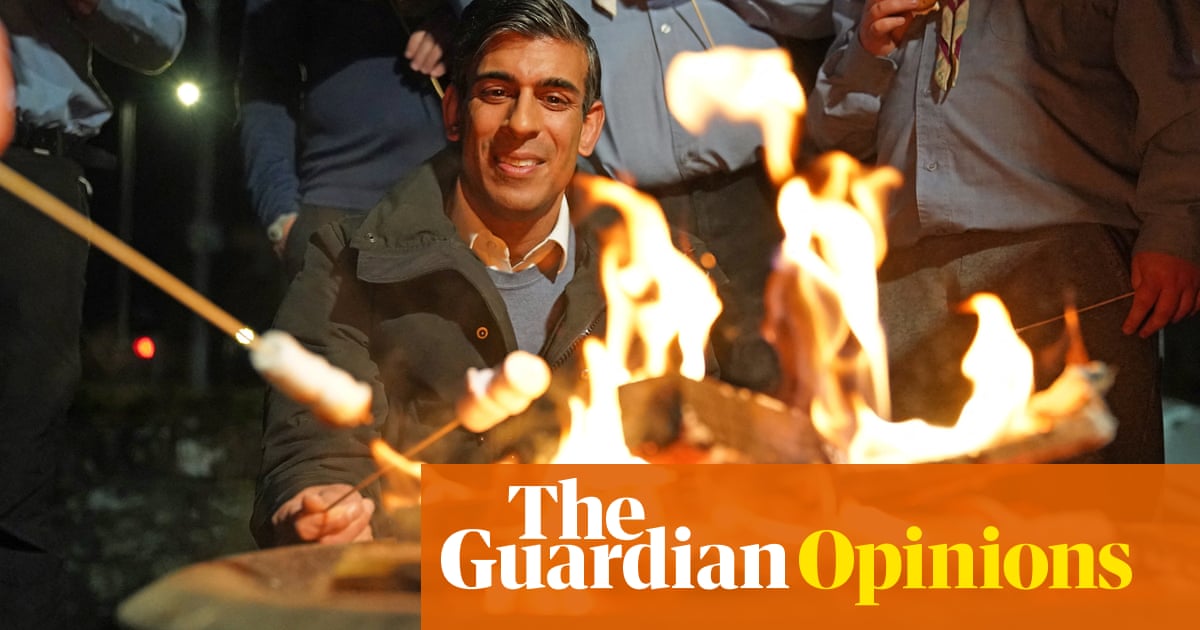
e’re not telling the story that usually gets told – this is not the story of old, white men because that’s not a story I would sign up to tell.” These words from producer Jane Tranter about the new BBC Two banking drama Industry should come as no surprise – she knows a thing or two about coming up in a job that’s dominated by men.
Now 57, Tranter began her career as a secretary at the BBC radio drama department before switching to television where she worked on EastEnders and Casualty. There then followed a period working for ITV, which was clearly frustrating.
“I did struggle when I was working at ITV because I could rarely get a drama commissioned where the woman was the lead character,” she says. “I did manage to make Bramwell, about a woman who wanted to be doctor in the Victorian era, but it was very much ‘She could be a doctor’ because it was a historical drama, and she was wearing an apron over a long skirt and doing a lot of practical scrubbing and cleaning up of infections and things like that. If you tried to get a contemporary medical series with a woman in the lead commissioned, that was a whole different story.”
There were some solid dramas during this period including the groundbreaking Prime Suspect but, she says: “For all Jane Tennison’s strengths, she still had to be a woman who was struggling and vulnerable … I was thinking recently about working with Debbie Horsfield on [the BBC series] Cutting It and how unusual it was to have a series that showed working-class women living normal lives and doing ordinary jobs.”
That said, she does believe things have begun to change for the better. “Women writers and women directors are finally getting the sort of chances that they have been denied for so long, although we still have a way to go,” she says, singling out Michaela Coel’s I May Destroy You as an example of the sort of outstanding television that can get made if you take risks. “It’s one of the best pieces of television I’ve ever seen, certainly the piece of drama that made the biggest impact on me this year.”
And she clearly believes Industry is part of this change. “What Industry does, which I found interesting, is put the young trainees, the underdogs, centre stage,” says Tranter. “And, yes, some of these people come from immense privilege but not all of them do. What it does is reflect the changing face of banking by focusing on those characters who traditionally have a harder time in a bank: women, the diverse, those who have not come to the job from the obvious backgrounds.”
The show is written by two newcomers, Konrad Kay and Mickey Down, who both began their careers in banking – and Tranter says it was that sense that they really knew the world they were writing about that convinced her to back the project.
“There was an authenticity to it,” she says. “Every detail felt real and grounded, and they weren’t afraid to write unlikable characters, then convince you to somehow care about those characters or at least understand where they are coming from.”
The cast too is young and largely unknown, with the biggest name attached to the project being that of Girls’ creator Lena Dunham, who directed the opening episode. “HBO [who co-produced the show] told us that she was in London filming and interested in the project and, of course, we jumped at the chance to work with her because she has a real talent for finding the authentic heart of an actor. She arrived in Cardiff like a blaze of sunshine and really gave the cast confidence, which was really needed because they’re very young and some of them had done next to nothing before.”
The last attempt at a similar drama came in the 1980s with the slick, soapy Capital City, which starred Douglas Hodge and Jason Isaacs as young traders on the make, but, despite the plentiful sex and debauched nights out in Industry, Tranter says this is a very different tale. “One of the things that really struck me during the research was that somehow it’s possible, even in the 21st century, to be defined by the number of hours you work, and that that notion is somehow important as opposed to fundamentally unhealthy and wrong.
“We weren’t interested in doing a piece about the evils of banking, partially because I think that’s a subject more suited to documentary. What we were interested in was making a drama that asked what does it feel like to enter such a competitive work environment? What makes a young person at this point in the 21st century decided to go and work in a bank? And where does that decision place them within the rest of their generation? What do their friends and partners think about it?”
To that end, our main entry point is Harper (the outstanding Myha’la Herrold), a quadruple outsider in that she is a black woman from another country (the US) and a completely different background to the rest of her cohort. “She is very open about her ambition and her desire to make money and I think that’s fascinating,” Tranter says. “I didn’t realise until we began editing it quite how unusual and distinctive it feels to put a character like that centre-stage in a TV drama.”
However, she says, the real key to the show’s addictive appeal lies in the fact that it is a workplace drama. “Everyone knows what it’s like to have a difficult boss and to take comfort and support from your peers but also face discomfort and competition.”
Tranter, presumably, has had her share of difficult bosses. After her frustrating time at ITV, she returned to the BBC as head of drama commissioning, where she was responsible for some of its biggest turn-of-the-century hits including spy series Spooks, political thriller State of Play and the hugely successful Russell T Davies reboot of Doctor Who. She has run television production company Bad Wolf since 2015.
Of course, these are not easy times for television production companies. Filming is increasingly stop/start, locations limited and even getting a series commissioned is an increasingly fraught affair with networks notably less keen to take risks in an uncertain climate. No wonder then that Tranter is thankful that the previous year was such a productive one for Bad Wolf – and that the fruits of that productivity are now ready to be savoured.
In addition to the acerbic Billie Piper-led comedy I Hate Suzy, which was on Sky Atlantic earlier this year, Tranter’s company produced His Dark Materials, which returned for a second series on Sunday night, while Industry begins tonight.
“We did get very, very lucky this year,” she says. “Not only because we had Industry and I Hate Suzie but because we’ve also filmed series two of [the fantasy drama] A Discovery of Witches, which will air early next year, and we had completed series two of His Dark Materials.” It was, she says, an odd time to be working, and she worries about what the future might bring. “It would be foolish not to be concerned. I do worry that small production companies won’t be able to manage the high risks involved filming in a Covid world and about what that might mean for the diversification of voices. There will be fewer available slots because a lot of what was due to air this year has been pushed into next year. So the little gaps that open up in the schedules where a new voice or a slightly different piece might be heard become less and less. I also worry that executives will turn to the easier options, the tried and tested programmes.”
She wonders, too, if some of the neurosis and stress of this unusual year found its way into the programmes Bad Wolf made. “There is a definite paranoia at the heart of Industry, that sense of can you trust anyone? And I wonder if it found its way into His Dark Materials as well – it’s naturally a much darker story this season anyway because the story Philip Pullman is telling is one of moving towards experience …”
Even so, she says that the fantasy drama remains top-class family viewing. “I do think that in these times we need uplifting television, and one of the things about His Dark Materials is that no matter how dark it gets – and this series does get dark – it is still a family show.” There is a pause before she adds: “The thing about His Dark Materials is that, at its core, it’s about the value of goodness. That feels like such a relevant value to be upholding and fighting for, particularly at this moment in time.”
His Dark Materials is on BBC One on Sundays at 8.10pm. Industry begins tonight on BBC Two at 9.15pm












